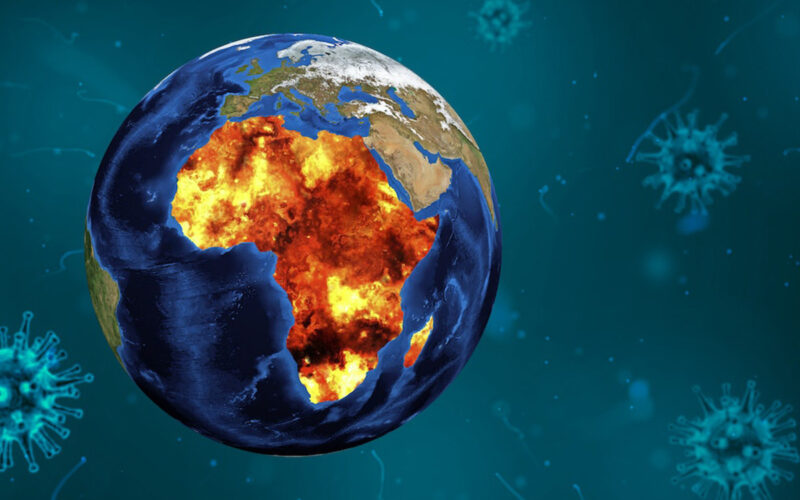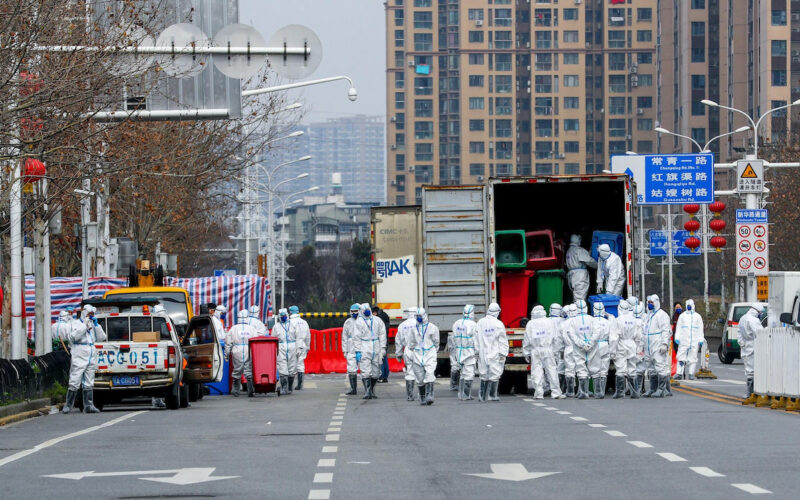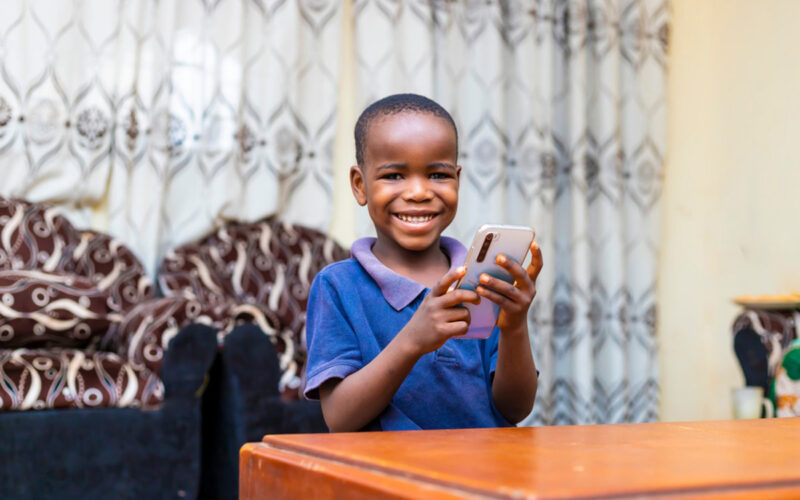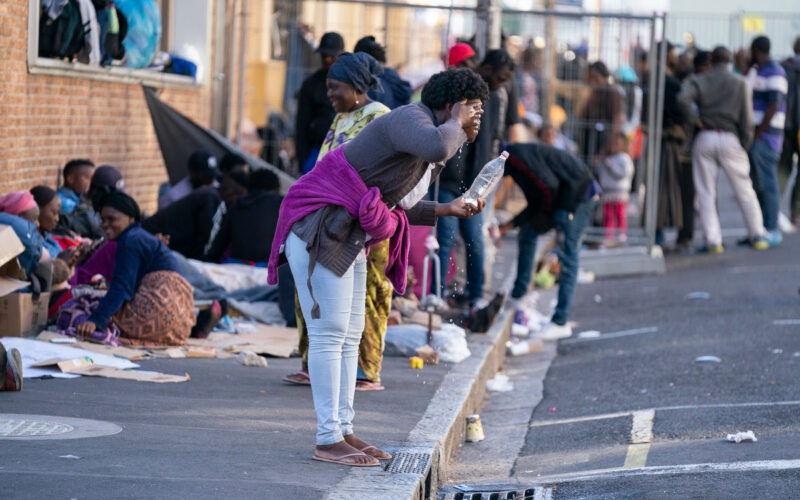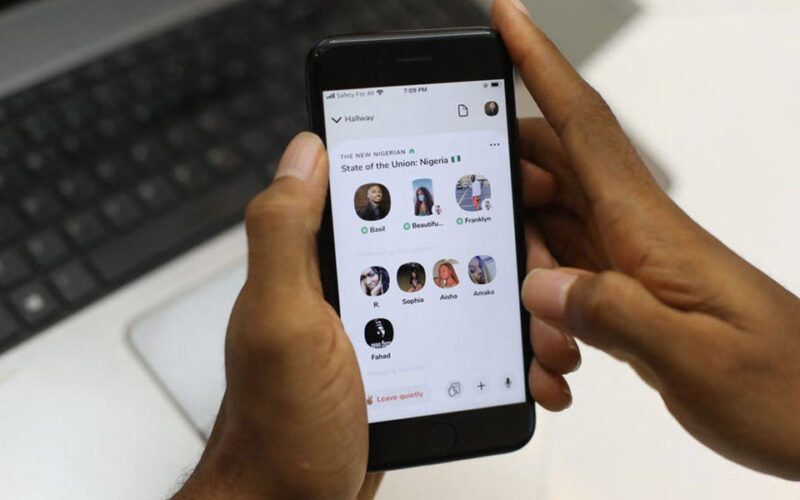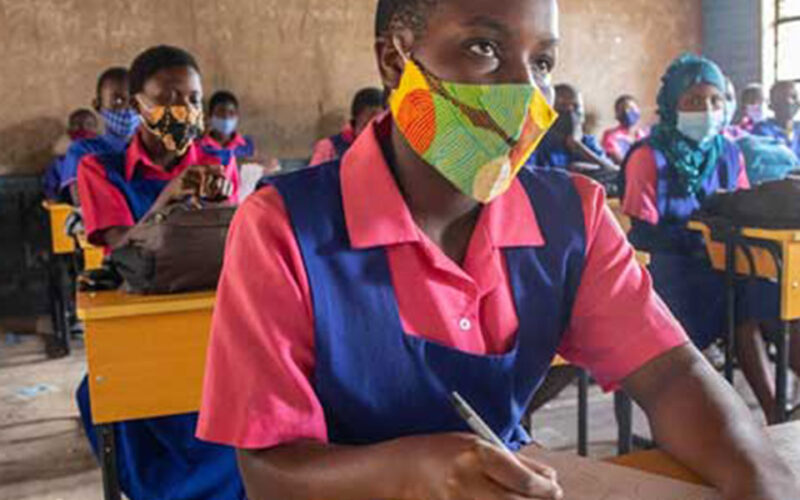
COVID-19 pandemic policies overlooked long-term needs of children
RESEARCHERS from South Africa, the UK, and Brazil recently conducted a study on the impact of COVID-19 on children and young people, particularly those from disadvantaged households. Their research highlights that the pandemic has deepened existing inequalities, with children and young people’s voices and needs not being considered in policy decisions. The study conducted by researchers from the University of the Free State (UFS) and the University of Fort Hare in South Africa; the University College London, the University of Birmingham, and Nottingham Trent University in the UK; and the University of São Paulo in Brazil, found that pandemic policy…



